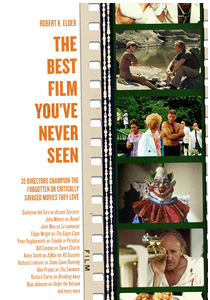 This summer, my friend Rob Elder released a new book (his sixth): The Best Film You’ve Never Seen: 35 Directors Champion the Forgotten or Critically Savaged Movies They Love.
This summer, my friend Rob Elder released a new book (his sixth): The Best Film You’ve Never Seen: 35 Directors Champion the Forgotten or Critically Savaged Movies They Love.
As Roger Ebert put it: “How necessary this book is! And how well judged and written! Some of the best films ever made, as Robert K. Elder proves, are lamentably all but unknown.”
It’s a great read and an invaluable reference tome for any serious film lover. To give you an idea of the treasures you will discover, Rob has kindly agreed to let me run an excerpt of the chapter in which he discusses “Murder by Contract” (a taut and chilling film noir) with director Antonio Campos.
Murder by Contract
1958, Directed by Irving Lerner. Starring Vince Edwards, Phillip Pine and Herschel Bernardi.
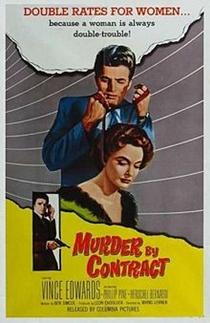 Claude (Vince Edwards) is an unusual hit man. He wasn’t born to the life, but instead he made himself a resourceful, calculating contract killer with an existentialist worldview. “He is so committed to his point of view and his philosophy that he’s developed—you respect that,” says Antonio Campos, who champions Murder by Contract. Campos praises the stylized off-camera hits, the economy of shots, and Edwards’s lead performance in this B-level noir film, shot in eight days.
Claude (Vince Edwards) is an unusual hit man. He wasn’t born to the life, but instead he made himself a resourceful, calculating contract killer with an existentialist worldview. “He is so committed to his point of view and his philosophy that he’s developed—you respect that,” says Antonio Campos, who champions Murder by Contract. Campos praises the stylized off-camera hits, the economy of shots, and Edwards’s lead performance in this B-level noir film, shot in eight days.
That’s not to say he thinks it’s a perfect film. “What’s also charming about the film is that it is kind of a diamond in the rough,” Campos says. “Whatever rough edges Murder by Contract has are ultimately completely overshadowed by the brilliant dialogue and the commitment to a tone that was so ballsy.”
Antonio Campos, selected filmography:
Afterschool (2008), Simon Killer (2012)
Robert K. Elder: How would you describe Murder by Contract to someone who’s never seen it?
Antonio Campos: It’s a faithful noir film about a contract killer, from a time when not many films were made like that.
What made it special?
Campos: I remember vividly, I’d seen it at the Film Forum, and I remember feeling like I hadn’t seen anything like that in the program, and also I’d never seen anything like that outside of even contemporary film. Obviously there are contract-killer films now, but there was something about it, and the lightness, the light touch that it had, that really struck me as something very unique.
Let’s talk about the star, Vince Edwards, who was best known as the lead in TV’s hospital drama Ben Casey. Can you talk about him as a leading man?
Campos: The first time I ever saw Vince Edwards was in Stanley Kubrick’s The Killing (1956). And I think he’s one of these B actors from that period. I was thinking about Vince Edwards and I was thinking about Timothy Carey in The Killing—they’re very specific kind of actors but could never be the classic leading man. Vince Edwards could be the leading man in that film, but he couldn’t be—he would never be—the movie star that he probably wanted to be. And I find those kinds of actors fascinating.
What does Edwards do in this role that makes him so magnetic, that pulls us through the film?
Campos: It’s his charisma as an actor. As a character, it’s the fact that he believes in something. As fickle as it may be, he has this amazing control. He is so committed to his point of view and his philosophy that he’s developed—you respect that.
If the film was made today, you’d have a little bit more violence to make the character a little more complex. You’re kind of rooting for him from the beginning.
This is Edwards’s first film with Irving Lerner, a former documentarian, and shot in eight days.
Campos: What I find really interesting is that it isn’t a perfect film. It’s not a film that you watch and you think, “This guy is some brilliant unknown director!” What’s interesting is, for example, the first scene where Claude meets the character of Mr. Moon, that long shot that plays out. That felt like a very strong choice. It felt like Irving Lerner was in complete control of the way this film was made.
In Afterschool, many of your characters are also kept out of frame, especially in that first twenty minutes. Am I right to draw that parallel to Murder by Contract?
Campos: It wasn’t necessarily a direct influence. There was a certain kinship, I felt, with the way that he was approaching his composition.
My feeling about offscreen action and that fragmentation of characters is that you heighten the mystery and the tension because you’re holding back someone who feels very important to the story. Those moments in which the characters are offscreen or, for lack of a better word, decapitated by the frame, you almost make the universe of the film larger. In terms of Afterschool, you always felt like there was a bigger world outside of the frame that you wanted to see and also a bigger world outside of the frame that you couldn’t see. That, to me, is one of the things that can make a smaller film or a lower-budget film feel bigger.
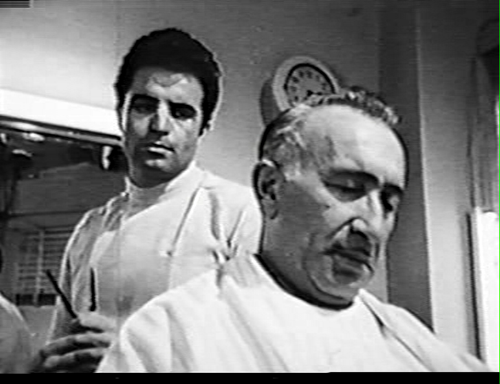
Claude’s solitary nature is similar to Travis Bickle’s loner life in “Taxi Driver” by Martin Scorsese.
And one of the other parallels is the solitary nature of Vince’s character, especially inside his room—something it shares with the protagonist in Afterschool. Was that sequence influential?
Campos: Murder by Contract definitely could’ve played a sort of subconscious influence on me. I find that there are the filmmakers whose body of work I’ve become very familiar with, but then I’m aware of them influencing me. And then there are those one-off films that I see that subconsciously have made a greater effect on me that I don’t realize.
That particular sequence also influenced Martin Scorsese. Lerner’s austere training montage is reflected in Taxi Driver.
Campos: For Claude, it’s a job, and he’s had to train himself. He says many times that this is not the way he was born. He’s developed a certain coldness intentionally so that he can be a contract killer. Obviously, film noir was so much about antiheroes, and this is about someone who is a very cold-blooded killer and so calculated. The other thing that struck me is his point of view of the world that was quite misanthropic and quite cynical, but at the same time, he had a heart and he had certain principles that he was struggling with.
Why do you think we, as viewers, are drawn to the charismatic psychopath or sociopath?
Campos: We’re drawn to them when they’re done a certain way. Taxi Driver, for example, has Travis Bickle, and Bickle is the charismatic sociopath. At first, you sympathize with the fact that he is so disconnected and confused.
I don’t feel like they’re completely sociopaths. They have sociopathic tendencies or something, but deep down inside, there is a heart and humanity. [Read more…]
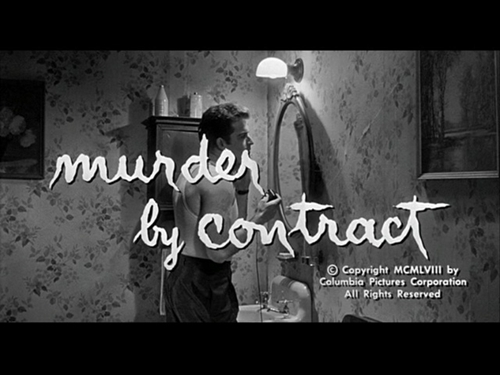






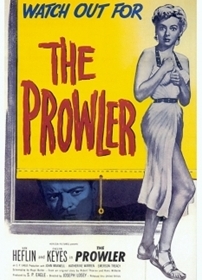
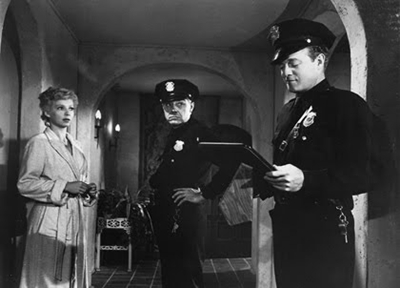
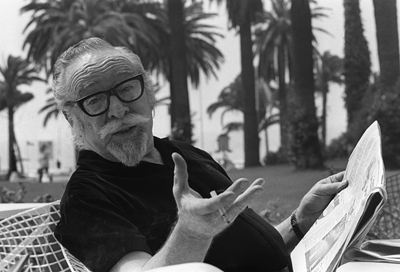





From FNB readers